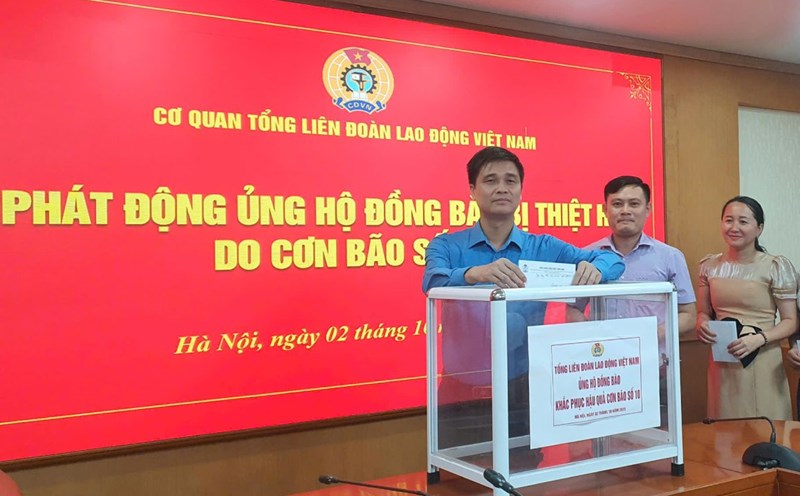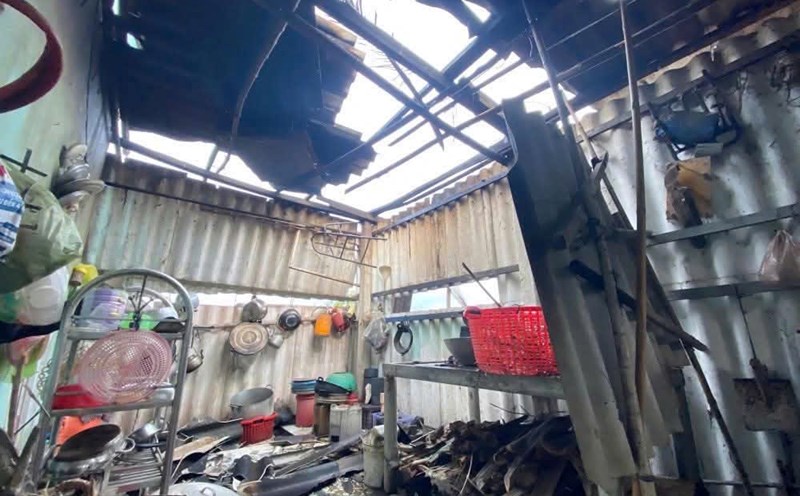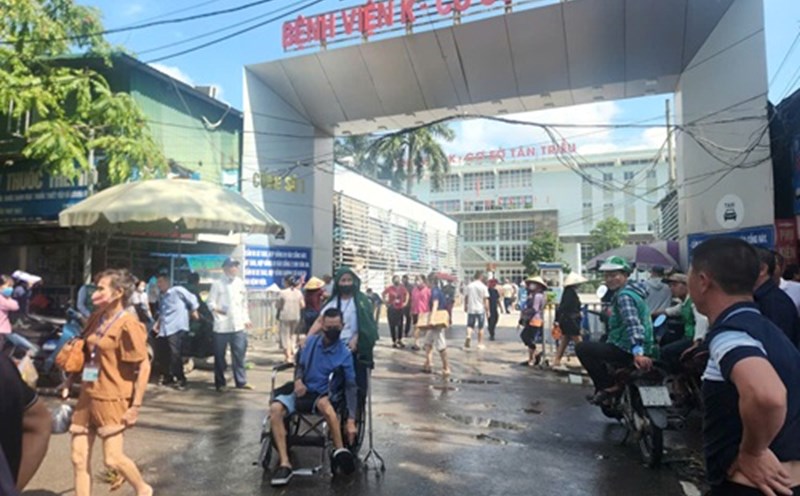Information and online transactions have become an inevitable part of life, bringing many conveniences but also containing countless risks. Along with the development of e-commerce, social networks and online platforms, fake goods and fake news are seeping through, transforming more and more sophisticatedly and difficult to recognize.
With just a few steps on the phone, consumers can order all products or access countless sources, but it is that convenience that creates conditions for bad guys to take advantage and make profits. The consequences are not only financial losses, but also affect health, honor, personal reputation, and even threaten data security.
For workers, especially those who regularly shop, transact, and work on digital platforms, raising awareness and equipping themselves with self-defense skills is extremely urgent. Identifying counterfeit goods does not stop at observing packaging and labels, but also requires checking the origin information, quality certification, and monitoring community feedback. Similarly, detecting fake news requires alertness when receiving information, verifying many sources, clearly understanding tricks of extortion, image editing, or impersonating reputable agencies and organizations.
Dr. Nguyen Huy Quang - former Director of the Legal Department, Ministry of Health commented: There is no shortage of law, but market monitoring still has many loopholes. The legal system has fully regulated standards and product circulation procedures, but the limitation lies in the implementation stage, especially post-inspection. Most of the products are allowed to be circulated first, then checked, making it the final filter for consumers. When counterfeit or poor quality goods enter the market, they are the ones who have to bear the consequences.
According to Mr. Quang, this management method not only threatens health, property, personal data but also paves the way for profiteering. In the context of e-commerce and social networks exploding, counterfeit goods and fake news are increasingly sophisticated, difficult to recognize, and the risk is increasing. With just a few steps on the phone, people can buy goods or access information, but they can easily fall into the trap of products and false information.
Therefore, he believes that it is necessary to tighten pre-inspection and control from the beginning of the circulation process and enhance supervision capacity, coordinate with authorities to strictly handle violations, ensuring safety for consumers.
The question is whether workers are skilled enough to identify counterfeit goods and fake news, as fraud tricks are increasingly sophisticated despite many management measures. The responsibility for verification and prevention belongs to the management agency, digital platform or each individual?
To have a panoramic view, Lao Dong Newspaper organized a television talk show: " Identifying fake goods and fake news on digital platforms: The key for workers to protect themselves".
Attending the seminar program are:
- Mr. Bui Ba Chinh, Acting Director of the National Center for Hydro-linguistic Codes, Ministry of Science and Technology
- Mr. Nguyen Duc Le, Deputy Head of the Market Management Department, Domestic Market Management and Development Department (Ministry of Industry and Trade)
- Mr. Duong Truong An, Head of the Legal Department of Acecook Vietnam Joint Stock Company.
The seminar took place at 09:30 on October 3, 2025 at the studio of Lao Dong Newspaper - No. 6 Pham Van Bach, Cau Giay Ward, Hanoi.
The program is broadcast live on Lao Dong Newspaper: www.laodong.vn
We respectfully invite readers to follow.









